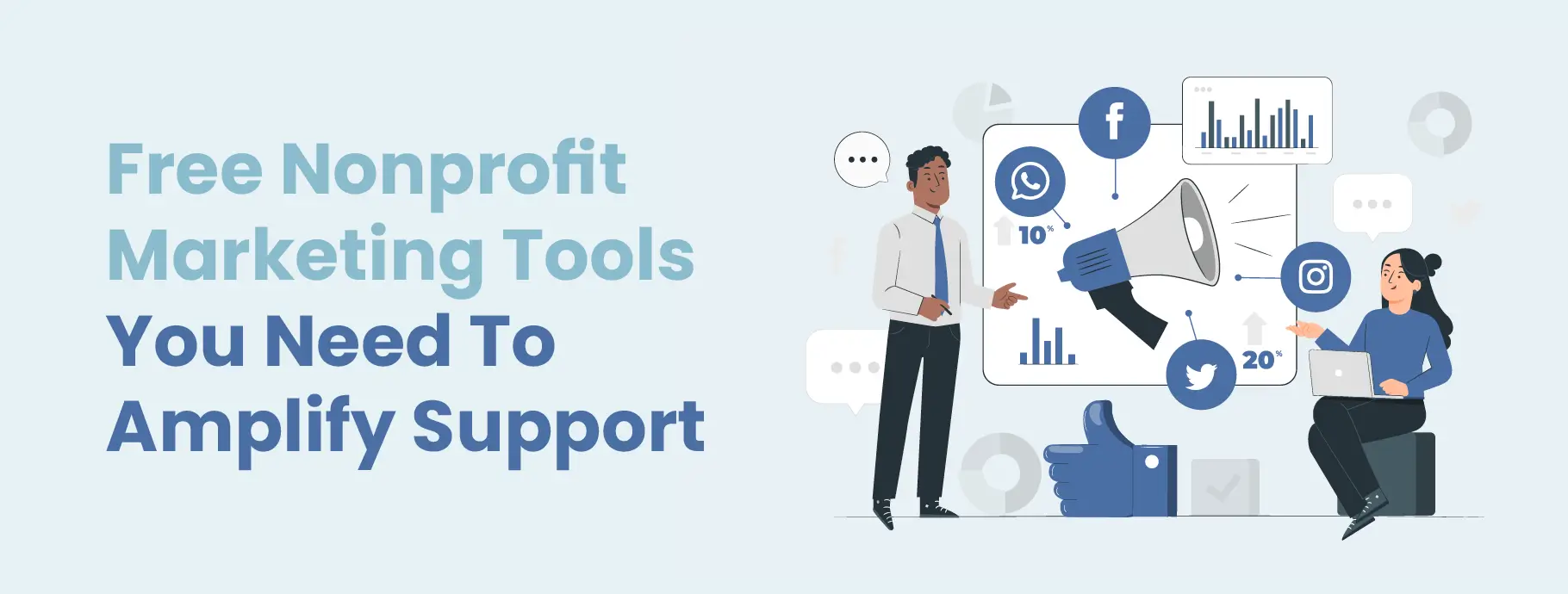Nonprofit Agency: Comprehensive Providers to Assistance Charities and Organizations
Nonprofit Agency: Comprehensive Providers to Assistance Charities and Organizations
Blog Article
Discovering the Diverse Features and Obligations of a Nonprofit Firm in Dealing With Social Issues and Supporting Modification
Nonprofit companies offer as vital agents of adjustment within culture, dealing with a myriad of social concerns with multifaceted techniques. Their responsibilities prolong past simple service arrangement; they involve in advocacy, resource mobilization, and community outreach, usually acting as a bridge in between necessary solutions and marginalized populaces.
Recognizing Nonprofit Firm Roles
The effectiveness of nonprofit firms pivots on a clear understanding of their varied roles within society. These companies work as important middlemans between the public, exclusive, and governmental industries, addressing different social concerns and promoting for modification. Nonprofit firms commonly work as solution companies, providing crucial programs and resources to underserved populaces. This duty is essential in filling up voids that might exist in public solutions, guaranteeing that vulnerable teams have access to essential support.
In addition, nonprofits play a necessary function in campaigning for, raising understanding and affecting policy decisions that impact their neighborhoods. By participating in research and public education and learning, these companies assist form public discourse and advertise educated decision-making - nonprofit agency. They likewise act as platforms for volunteerism, mobilizing community participants to contribute their time and abilities toward collective objectives
Additionally, not-for-profit companies usually serve as conveners, combining diverse stakeholders to foster collaboration and collective influence. This collaborative approach improves their capacity to deal with facility social concerns successfully. Comprehending these complex duties is important for maximizing the possibility of not-for-profit companies in developing sustainable social change and improving general community well-being.
Neighborhood Engagement and Outreach
Effective neighborhood involvement and outreach are basic components of nonprofit companies' strategies to cultivate links and construct trust fund within the neighborhoods they serve. These initiatives focus on understanding area demands, advertising recognition of readily available resources, and motivating involvement in programs created to attend to social concerns. Nonprofit companies utilize a selection of approaches to involve with area members, such as workshops, educational sessions, and collaborative events.
Outreach campaigns serve to reinforce partnerships with diverse populations, specifically marginalized groups that may face barriers to accessibility. By using culturally pertinent interaction approaches and leveraging regional collaborations, nonprofits can boost their visibility and demonstrate their commitment to neighborhood empowerment. This technique not only grows a sense of belonging however also raises the likelihood of sustained involvement.
Moreover, efficient area involvement surpasses simple participation; it entails proactively paying attention to neighborhood participants' responses and incorporating their insights right into program advancement. This collaborative procedure ensures that the services used are receptive, relevant, and customized to the one-of-a-kind difficulties dealt with by the area. Inevitably, cultivating strong links via interaction and outreach can lead to even more impactful treatments and a better cumulative effort towards advertising favorable social adjustment.
Campaigning For and Plan Influence
Campaigning for works as an important mechanism for nonprofit agencies to affect public plan and drive systemic adjustment. By leveraging their know-how and neighborhood understandings, these companies can effectively stand for marginalized populations and address pushing social concerns. Nonprofits take part in advocacy via various techniques, consisting of public understanding campaigns, grassroots mobilization, coalition building, and straight lobbying of policymakers.
Via these efforts, not-for-profit agencies aim to form regulations and policy structures that align with their mission and the requirements of the areas they serve. They conduct research, gather information, and share compelling stories to highlight the necessity of particular concerns, making sure that decision-makers are notified and encouraged to act. This process not just anchor amplifies the voices of those influenced by social injustices but also fosters an extra equitable and inclusive policymaking setting.
In addition, advocacy initiatives frequently look for to develop long-term structural changes, dealing with root triggers instead of merely minimizing signs. By prioritizing plan impact, not-for-profit companies add to a more comprehensive understanding of social difficulties and advertise solutions that can lead to lasting enhancements in societal wellness. Ultimately, campaigning for is fundamental to the transformative function nonprofits play in creating a just and fair society.
Fundraising and Resource Administration
Not-for-profit companies depend on durable fundraising and resource administration methods to sustain their campaigning for initiatives and maintain their missions. Effective fundraising is crucial for making sure the schedule of financial resources required to carry out programs and activities that deal with pushing social problems. This process frequently entails diversifying income streams through gives, individual contributions, business sponsorships, and fundraising events. By employing a multi-faceted method, nonprofits can mitigate the threats linked with reliance on a solitary financing resource.
Resource administration is similarly crucial, as it includes the tactical allocation of both monetary and human sources to take full advantage of influence. Nonprofits should establish budgets that align with their goals while making certain transparency and accountability to stakeholders. This involves regular monitoring of expenditures and changing techniques as needed to you can try this out maximize resource usage.

Collaboration and Partnerships
While many organizations pursue their goals independently, collaboration and collaborations can substantially improve the performance of not-for-profit agencies. By functioning with each other with various other nonprofits, government entities, and economic sector companies, nonprofits can pool resources, share experience, and intensify their influence on social issues. Collaborative efforts usually result in innovative services that might not be attainable independently, leveraging the staminas of each partner to resolve intricate difficulties.

Inevitably, reliable cooperation calls for clear communication, shared goals, and mutual respect among partners. By welcoming a participating technique, nonprofit agencies can create lasting networks that not just address instant social problems yet likewise add to long-term systemic modification, cultivating a more equitable society. Via partnership, nonprofits can flourish and optimize their possibility for purposeful effect.
Conclusion
Not-for-profit agencies function as critical entities in promoting and dealing with social issues change within areas. Through varied functions such as neighborhood interaction, advocacy, and resource management, these companies efficiently mobilize sources and assistance for underserved populations. Their joint initiatives with different stakeholders improve the ability to influence public law and promote architectural adjustments. Eventually, the multifaceted roles of nonprofit firms substantially add to the search of social justice and the improvement of community well-being.
Understanding these diverse duties is crucial for optimizing the potential of nonprofit agencies in creating sustainable social modification and boosting general neighborhood health.
Efficient area involvement and outreach are fundamental elements of nonprofit firms' methods to cultivate links and construct count on within the neighborhoods they serve. By functioning together with other nonprofits, government entities, and private field companies, nonprofits can merge resources, share knowledge, and amplify check my source their impact on social concerns.Nonprofit agencies serve as essential entities in promoting and dealing with social concerns adjustment within areas - nonprofit agency. Eventually, the complex duties of not-for-profit agencies dramatically add to the pursuit of social justice and the enhancement of community well-being
Report this page